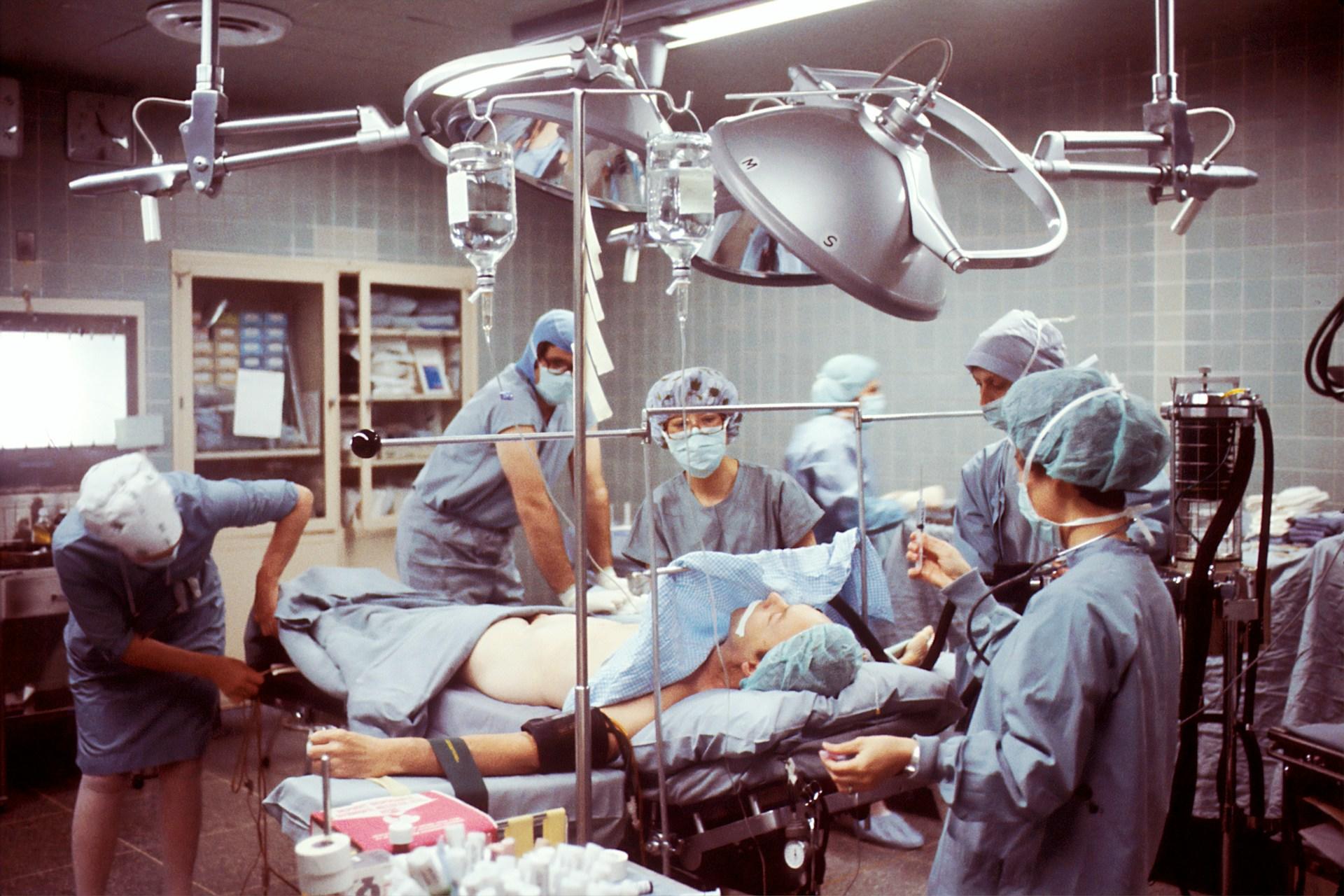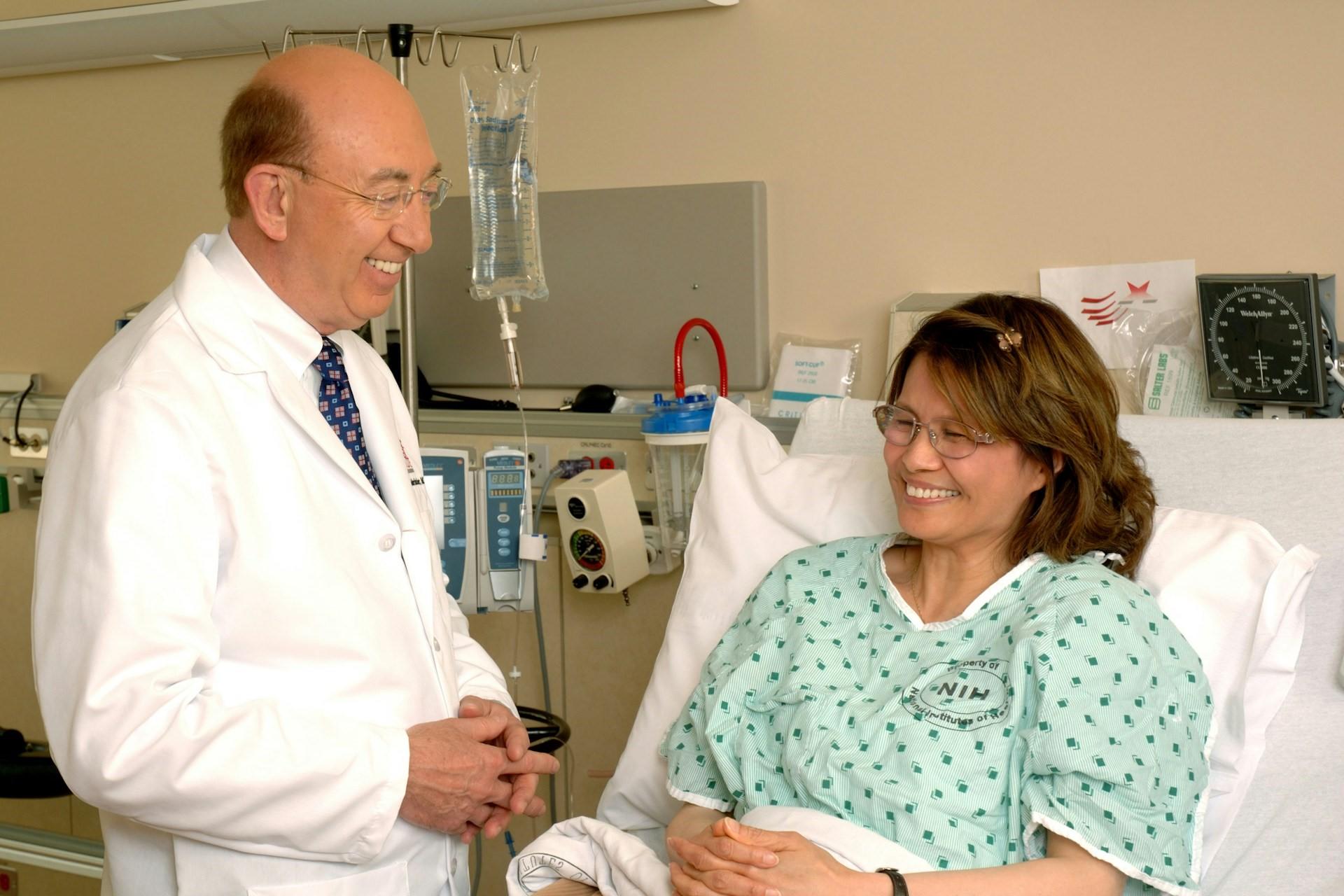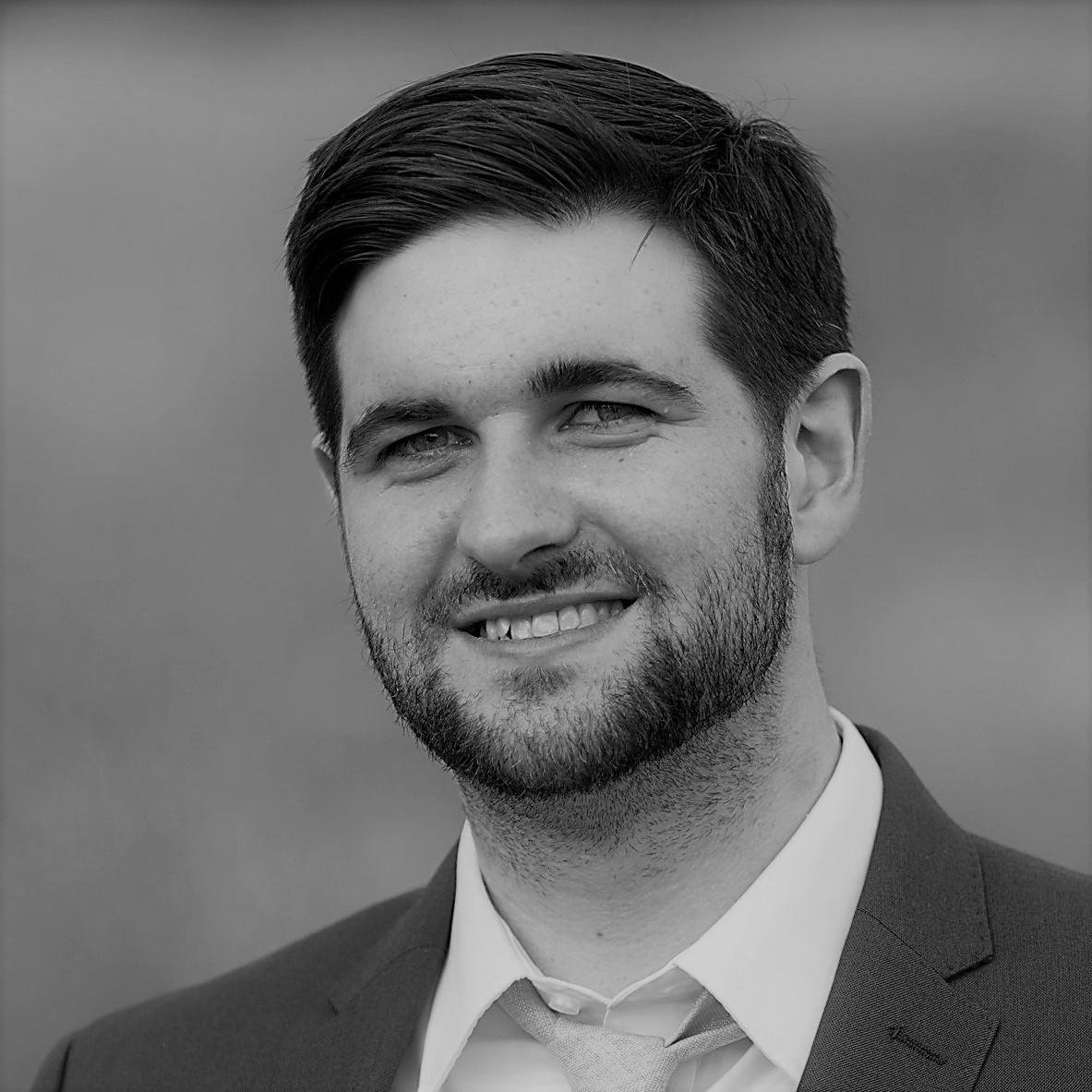Like other medical specialisations, dermatologists in Ireland must first become doctors and then specialise in dermatology.
Here, we'll look at everything you need to do from secondary school to becoming a dermatologist in Ireland.

Secondary Education to Become a Dermatologist in Ireland
Becoming a dermatologist in Ireland really starts while you're still in secondary school. While all of your education counts towards becoming a dermatologist, secondary school is the first place where your results will directly affect your educational future.
Students usually complete their Leaving Certificate at the end of secondary education in Ireland. The results of the Leaving Certificate are used for admissions to Irish universities and medical schools.
However, those applying to medical school will need the HPAT and their Leaving Certificate.
Leaving Certificate
The Central Admissions Office (CAO) converts each student's Leaving Certificate results into points. The CAO is responsible for processing applications to undergraduate courses in Irish higher education institutions.
These CAO points are part of the admissions requirements for medical school applicants. The higher the number of CAO points a course requires, the more difficult it will be.
Each student has a maximum of 625 CAO points available from the Leaving Cert (provided they choose Higher Maths). Medical schools in Ireland typically require at least 500 CAO points from the leaving cert to consider an applicant. However, this doesn't mean the applicant will be accepted, highlighting the competitive nature of the admissions process and the need for dedication and hard work.
Immaculate Leaving Cert results are a must for anyone wanting to become a doctor and study at medical school after their secondary education.
HPAT-Ireland
The Health Professions Admissions Test (HPAT) is a standardised aptitude test used by medical schools in Ireland alongside the Leaving Cert.
It is designed to assess the aptitude of prospective medical students for the study of medicine.
Given that most medical schools in Ireland require exceptional Leaving Certificate results, the HPAT is a crucial tool to distinguish the top candidates, underscoring the need for excellence in your academic performance.
The HPAT tests students on logical reasoning, problem-solving, interpersonal understanding, and non-verbal reasoning.
You can prepare for the HPAT with private tutors and practice questions.
In most cases, the requirements for medical schools will be a combination of the Leaving Cert and HPAT results, which are also converted into CAO points.
It's common for medical schools in Ireland to set a minimum requirement for overall CAO points, the Leaving Cert, and the HPAT.

Medical School in Ireland
Once you have excellent results in the Leaving Cert and the HPAT, you may be lucky to get a place at a medical school in Ireland.
There are six medical schools in Ireland:
- University College Dublin (UCD) - School of Medicine
- Trinity College Dublin (TCD) - School of Medicine
- Royal College of Surgeons in Ireland (RCSI)
- University College Cork (UCC) - School of Medicine
- University of Galway (NUIG) - School of Medicine
- University of Limerick (UL) - Graduate Entry Medical School
Studying medicine at an Irish medical school usually takes five or six years.
Pre-Clinical Years in Medical School in Ireland
At the start of medical school, students will spend more time in the classroom, learning about the science that underpins modern medicine.
This can include classes and courses on anatomy, physiology, and biochemistry.
Clinical Years in Medical School in Ireland
In the later years of medical school, it's common for students to spend more time gaining hands-on experience in hospitals and other clinical settings.
This is usually where aspiring doctors gain their first opportunities to develop interests in specialised areas of medicine, such as internal medicine, surgery, paediatrics, and dermatology.
Hospital Internships in Ireland
Once they graduate from medical school, aspiring doctors must complete a year-long internship in an accredited Irish hospital.
They'll typically do rotations through different specialisations, gaining experience and ultimately gaining full registration with the Medical Council of Ireland.
With the registration, you can now practice medicine. However, if you dream of becoming a dermatologist, your journey has only begun.

Basic Specialist Training (BST) in Internal Medicine Ireland
Once you've graduated and completed your internship, you must complete Basic Specialist Training (BST) in Internal Medicine. Even those who want to become a GP, need to complete specialist training.
This is usually a 2-year programme offered by the Royal College of Physicians of Ireland (RCPI), which provides foundational training in internal medicine.
Typically, you'll cover the various medical specialities used to build the foundational knowledge required for your later dermatology training.

Membership of the Royal College of Physicians (MRCPI)
During or after your Basic Specialist Training, you must pass the Membership of the Royal College of Physicians of Ireland (MRCPI) exams.
These exams are on internal medicine and a requirement for anyone looking to do the subsequent Higher Specialist Training (HST) in Dermatology.
Higher Specialist Training (HST) in Dermatology in Ireland
Having completed the BST and MRCPI exam, you can apply for Higher Specialist Training (HST) in Dermatology.
This specialised programme takes four years to complete. It includes a combination of clinical experience and research.
Trainees will work in various dermatology departments to gain experience diagnosing and treating skin conditions.
HST often includes research, which allows trainees to contribute to advancements in the field of dermatology.
Consultant Dermatologist
You'll be awarded a Certificate of Completion of Specialist Training (CCST) in Dermatology at the end of your HST.
With this, you're now qualified to work as a consultant dermatologist.
A consultant dermatologist leads dermatology services, manages complex cases, teaches, and conducts research.

Continuous Professional Development (CPD) in Dermatology
You might think your work is done at the end of all of this. However, every medical professional needs to engage in Continuous Professional Development (CPD) to offer the most effective and up-to-date care and retain their licence to practice medicine.
CPD is an obligatory part of maintaining your medical licence in Ireland, so this isn't optional.
How Long Does It Take to Become a Dermatologist in Ireland?
Considering the many training courses and qualifications involved in becoming a dermatologist, you may wonder exactly how long it takes.
Here's a typical timeline for an undergraduate entry from the Leaving Cert to becoming a Consultant Dermatologist.
You'll see that it can take around 15 years to become a Consultant Dermatologist.
- Leaving Certificate + HPAT (2 years)
- Medical School (5-6 years)
- Internship (1 year)
- Basic Specialist Training (BST) in Internal Medicine (2 years)
- MRCPI Examination
- Higher Specialist Training (HST) in Dermatology (4 years)
- Consultant Dermatologist
Remember that this is how you become a dermatologist if you start studying straight from school.
Graduate Entry
You can still become a dermatologist if you didn't initially study medicine. Students who complete another bachelor's degree can enrol at Irish medical schools through graduate entry.
Instead of using the CAO points from your Leaving Cert and the HPAT, graduate entry students use their bachelor's degree and the Graduate Medical School Admissions Test (GAMSAT).
The GAMSAT is the equivalent of the HPAT but for graduates rather than undergraduates.
While degrees related to medicine are preferred, there are medical schools that accept students with a degree in any subject, provided they meet the other requirements and complete foundation courses to align their education with that of other medical students.

International Students
Aspiring dermatologists who didn't complete their secondary education in Ireland can still apply to medical school using equivalent qualifications from another country.
Language requirements are often also present for students who don't speak English as their mother tongue, with students needing IELTS or other English as a Foreign Language (EFL) qualifications.
Get Help Studying Medicine and Dermatology with a Private Tutor
If you need help with studying medicine or just study skills in general, consider getting help from a private tutor.
As you've seen, becoming a dermatologist is a complicated process, and it's normal for the courses and training to be challenging.
Fortunately, some private tutors can help you to study medicine or develop study skills. On the Superprof website, there are experienced and qualified private tutors all over Ireland and worldwide.
Face-to-face tutors offer more cost-effective sessions and are better suited to hands-on subjects. However, online tutors usually offer more affordable sessions as they don't need to worry too much about travelling to their students and can schedule more sessions each week.
Many of the tutors on the Superprof site offer the first session for free. Use these free sessions to try out potential tutors before choosing the ones best suited to you, what you want to learn, and how you like to learn.
Just search for “medicine” or anything else you'd like to learn on the Superprof website today!
Summarise with AI:















